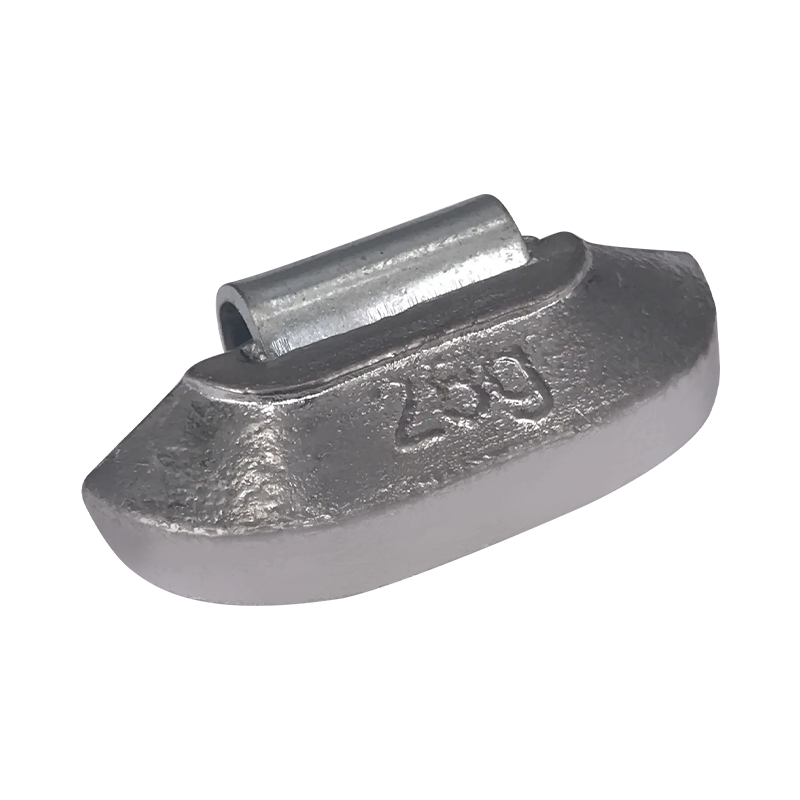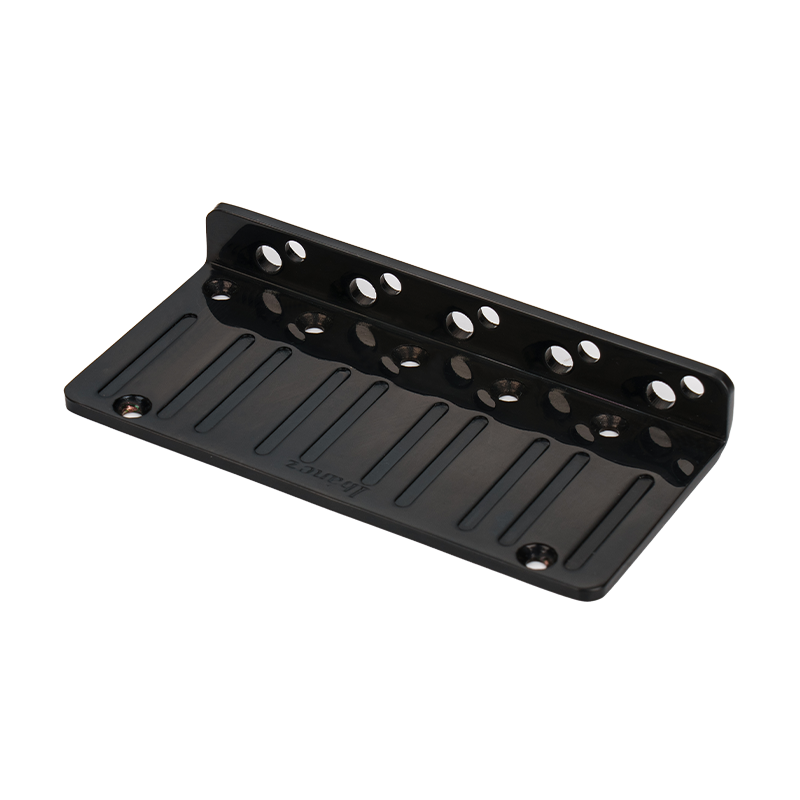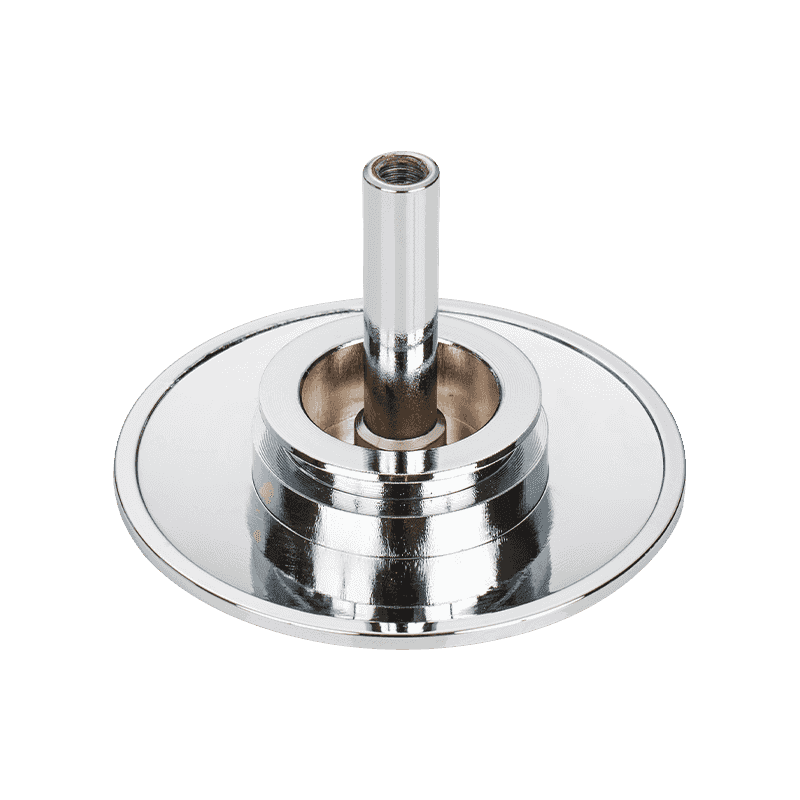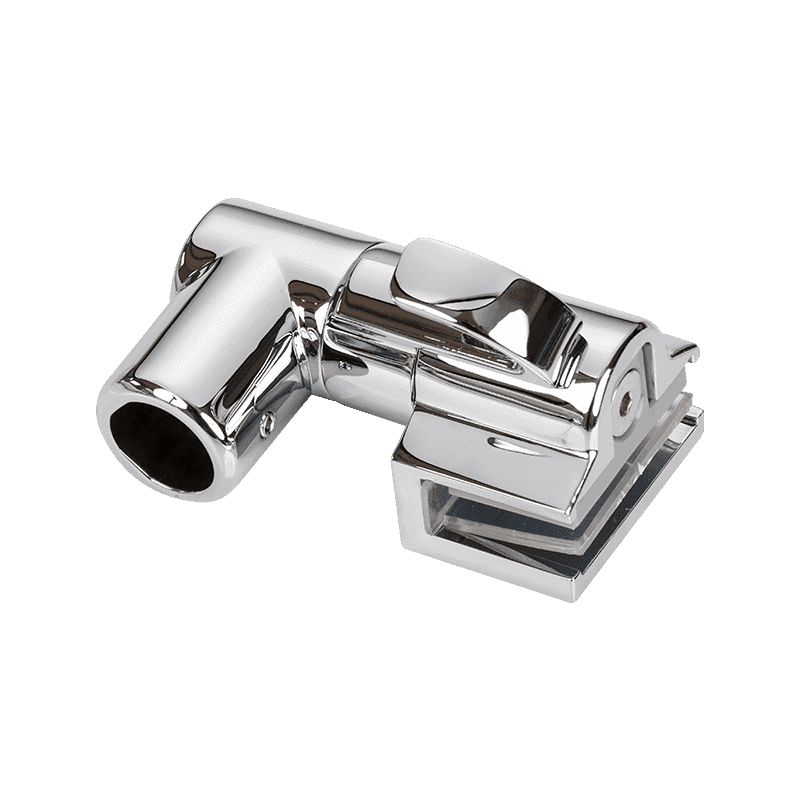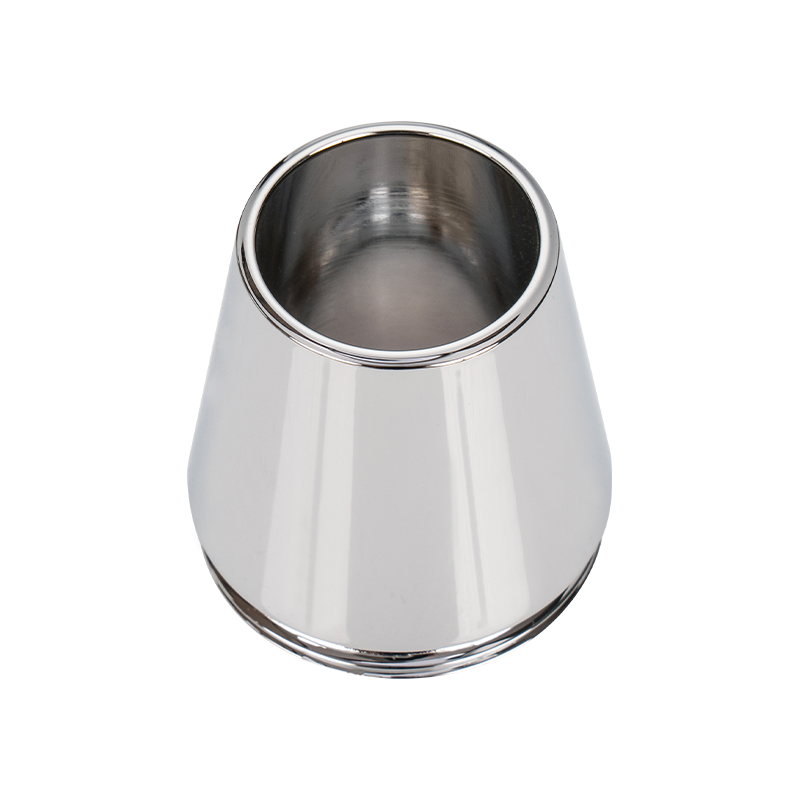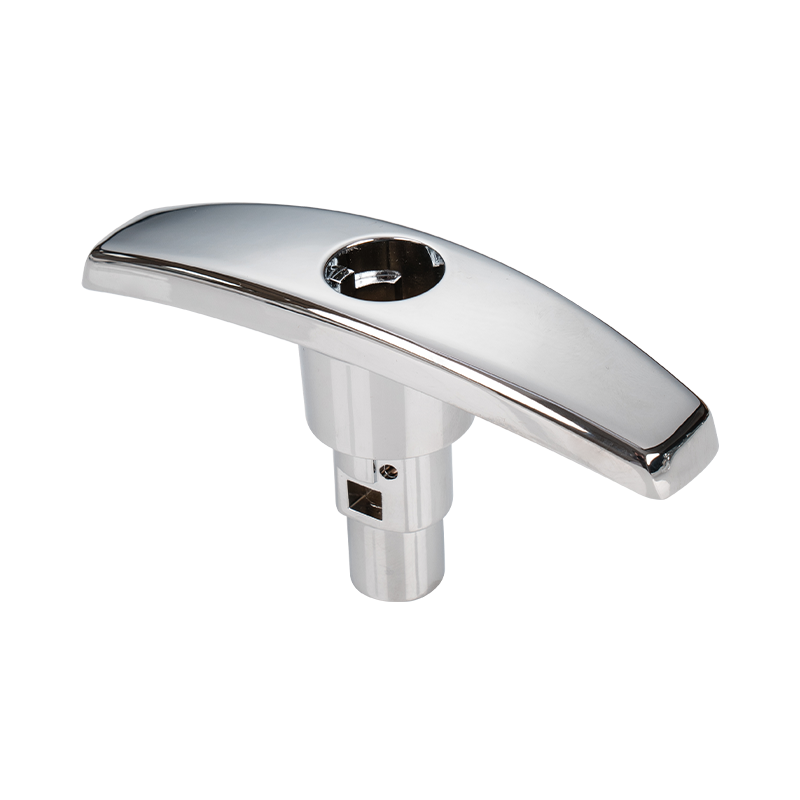How do aluminium alloy engine parts contribute to weight reduction and fuel efficiency in vehicles
16-07-2024Aluminium alloy engine parts contribute to weight reduction and fuel efficiency in vehicles primarily due to the following reasons:
Lightweight Nature: Aluminium alloys are characterized by their low density, typically about one-third that of steel. This fundamental property allows automotive engineers to achieve substantial weight savings in critical engine components such as cylinder heads, engine blocks, pistons, and intake manifolds. The reduction in component weight directly translates into lower overall vehicle weight. Lighter vehicles require less energy to accelerate, decelerate, and maintain speed, resulting in improved fuel efficiency. Reducing vehicle weight contributes to lower emissions and compliance with environmental regulations aimed at reducing carbon footprints.
Reduced Inertia: Inertia refers to an object's resistance to change its state of motion. Lighter aluminium alloy engine parts exhibit lower mass and therefore lower inertia compared to traditional materials like cast iron or steel. This characteristic is particularly advantageous in city driving conditions where frequent stops and starts occur. Engines equipped with lighter components require less fuel to overcome inertia during acceleration and deceleration phases, contributing to overall fuel savings over the vehicle's lifetime.
Improved Power-to-Weight Ratio: The superior strength-to-weight ratio of aluminium alloys allows automotive engineers to design engines that deliver comparable or enhanced performance while reducing overall engine size and weight. A higher power-to-weight ratio means the engine can generate more power relative to its weight, resulting in improved acceleration and responsiveness. This design approach not only enhances vehicle performance but also supports fuel efficiency by optimizing the engine's operational efficiency across a range of driving conditions.
Enhanced Thermal Efficiency: Aluminium alloys possess excellent thermal conductivity properties, which facilitate efficient heat dissipation from critical engine components. Efficient heat management is crucial for maintaining optimal operating temperatures within the engine. By dissipating heat more effectively, aluminium alloy engine parts help improve combustion efficiency and reduce energy losses associated with heat transfer. Engines operating at optimal temperatures experience less thermal stress and perform more efficiently, leading to lower fuel consumption and emissions.
Design Flexibility: Aluminium alloys offer greater design flexibility compared to traditional materials, such as cast iron or steel. These alloys can be cast into complex shapes and configurations that optimize performance and efficiency. Engineers can design components with intricate cooling channels, streamlined airflow paths, and reduced friction surfaces. These design optimizations minimize energy losses due to friction and turbulence, thereby enhancing overall engine efficiency. Aluminium alloys enable the integration of lightweight structural reinforcements and enhancements that improve engine durability and reliability under diverse operating conditions.
Durability and Strength: Modern aluminium alloys used in automotive engines are engineered to offer exceptional strength, durability, and reliability. These alloys undergo advanced metallurgical processes and rigorous testing to meet the demanding requirements of automotive applications. High-strength aluminium alloys exhibit superior mechanical properties, such as fatigue resistance and impact strength, ensuring long-term performance and reliability under harsh operating conditions. The durability of aluminium alloy engine parts reduces the need for maintenance and replacement, contributing to lower lifecycle costs and supporting overall fuel efficiency by minimizing downtime and operational disruptions.
Are You Interested In Our Products
Leave your name and email address to get our prices and details immediately.

 English
English 中文简体
中文简体 Deutsch
Deutsch русский
русский




